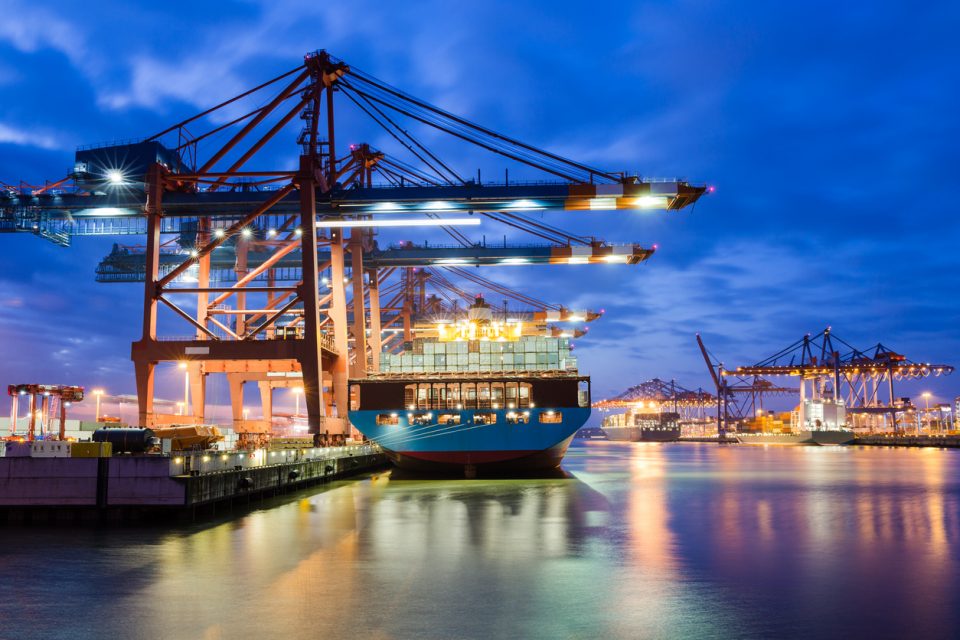Falling prices for imported goods and services have fuelled a sharp increase in Germany’s current account surplus. At the same time, prices for export goods remained unchanged, according to the latest calculations by the ifo Institute.
“This price effect boosted the surplus by 2.1 percentage points of annual economic output between 2013 and 2016,” says Timo Wollmershaeuser, Head of Economic Forecasting at ifo. It was mainly due to the fall in oil and gas prices, which accounted for 1.4 percentage points of the surplus increase.
Germany’s surplus hit an all-time high of 9.3 percent of economic output in summer 2015, but has since fallen to around 8 percent. “If oil and gas prices were to rise again due to an uptick in the world economy, this price effect would reverse, bringing the current account surplus back down to around the 6 percent figure deemed high but acceptable by the EU Commission,” explains Wollmershaeuser.“Behaviour on the part of private households and companies also suggests that the phase of low energy prices is only seen as temporary.”
A significant share of gains in purchasing power was not spent. The savings ratio of private households rose from 9.0 percent in 2013 to 9.7 percent of disposable income in 2016 as a result. At the same time, the financial surplus of non-financial corporations also rose by 0.7 percentage points of economic output.
“Of course, this calculation of price effects is purely mechanical and does not take into consideration the impact of lower prices for oil and gas on the level of demand for them; or on the disposable income of households and companies,” notes Wollmershaeuser. “It seems evident that both the volume of energy imports, as well as aggregate demand and economic output were stimulated. Both are likely to have mitigated the current account surplus increase, meaning that the net effect may well be slightly smaller than the 1.4 percentage points in these calculations,” he concludes.
Exporters in high spirits
The ifo Export Expectations rose from 17.7 balance points in June to 20.9 balance points in July; and the euro’s appreciation is obviously having no negative impact.
Nearly all key branches expect exports to increase. The main driver of the upturn in July was the chemical industry. Companies in the automotive and electrical goods branches also reported plans to increase their exports, which are already at a high level. Firms in the textiles and clothing industry, by contrast, expect to see very little growth.
More jobs
Companies are keener than ever to recruit new staff. The ifo Employment Barometer rose to 112.1 points in July from 111.0 points in June. This is the highest figure since the survey’s launch in 2002 and marks an increase in all four sectors.
Many industrial segments are looking for new workers. The booming construction sector is planning to recruit more staff and is already reporting a lack of staff. Distributors are also more willing to recruit new workers, but are showing greater caution. Service providers significantly upwardly revised their personnel plans and clear growth in employment can be expected in this segment.
Also Read

